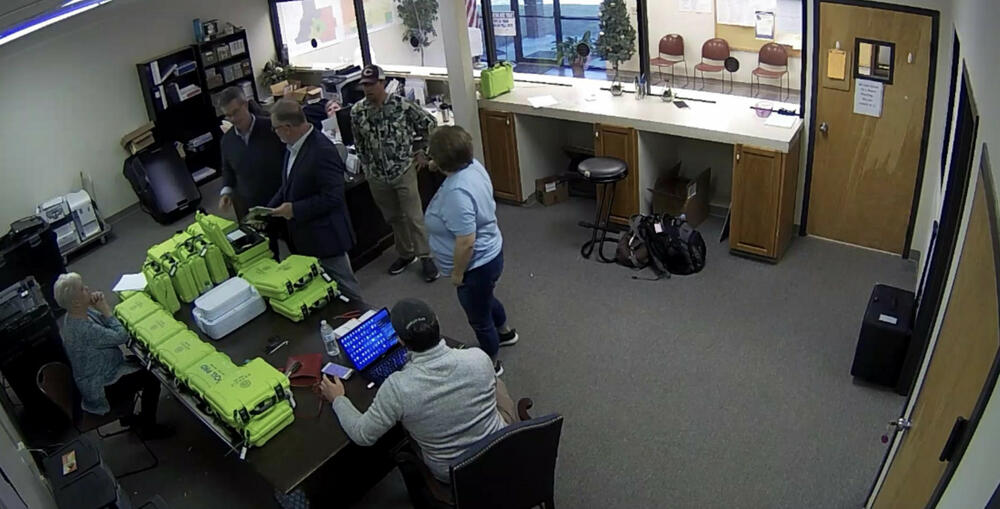
Caption
In Monday’s ruling on Curling v Raffensperger, U.S. District Court Judge Amy Totenberg credited the plaintiff’s role in providing evidence that exposed a major security breach of Georgia election equipment in Coffee County, pictured above, following the 2020 election.
Credit: Georgia Recorder File


